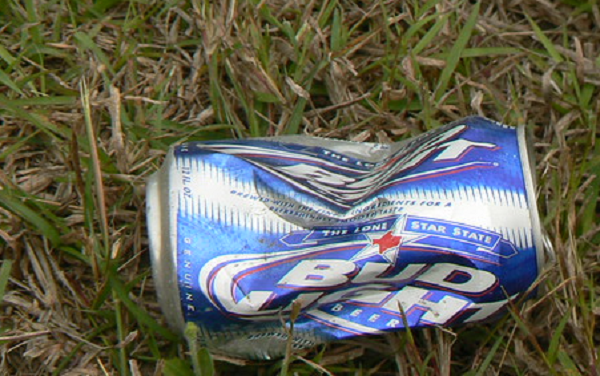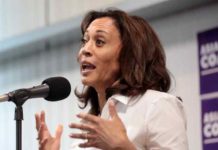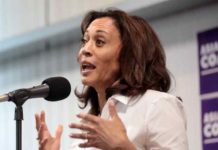Several major retailers in the United States are planning to discontinue stocking Bud Light due to an ongoing decline in sales that shows no signs of improvement.
In recent months, Bud Light has faced sluggish sales, which failed to recover after the company fully embraced the “woke” movement by featuring transgender individual Dylan Mulvaney in an advertising campaign. This controversial campaign led to Bud Light losing its title as America’s most popular beer brand and resulted in a significant decrease in the parent company Anheuser-Busch’s market value.
Furthermore, industry insiders interviewed by ABC News suggest that Bud Light’s market performance may continue to deteriorate this fall. During the annual retail shelf-space reorganization scheduled for the next month, Bud Light is expected to be removed from store shelves for the foreseeable future. Prominent retailers like Walmart and 7-Eleven are anticipated to replace Bud Light with better-performing brands on their store shelves.
Anson Frericks, a former executive at Anheuser-Busch, emphasized the importance of shelf placement in the retail industry.
“When customers are shopping, especially on high-traffic weekends, they’ll opt for whatever is readily available and chilled,” Frericks said.
“Shelf space is the most significant factor influencing in-store sales.”
Frericks predicts a “sizable shift” in retail presentation could be imminent.
The boycott gained momentum as the company initially reaffirmed its decision to feature a transgender individual on their cans.
Neither Anheuser-Busch, the parent company of Bud Light, nor major retailers like Walmart and 7-Eleven have publicly commented on the situation.
Recent data from Bump Williams Consulting and Nielsen NIQ shows a 27% decrease in Bud Light sales during a four-week period ending in early September compared to the same period last year.
In contrast, competitors are benefiting from Bud Light’s decline:
Coors Light sales increased by 20% during the same period.
Yuengling’s light lager experienced a remarkable 80% growth.
According to a report from Beer Market Analysis, approximately 80% of beer sales occur in retail settings where consumers purchase the product to take home, while the remaining 20% occur in bars and restaurants.
Given these statistics, the upcoming reshuffling of retail shelf space could have a significant impact and likely prolong Bud Light’s current decline.




